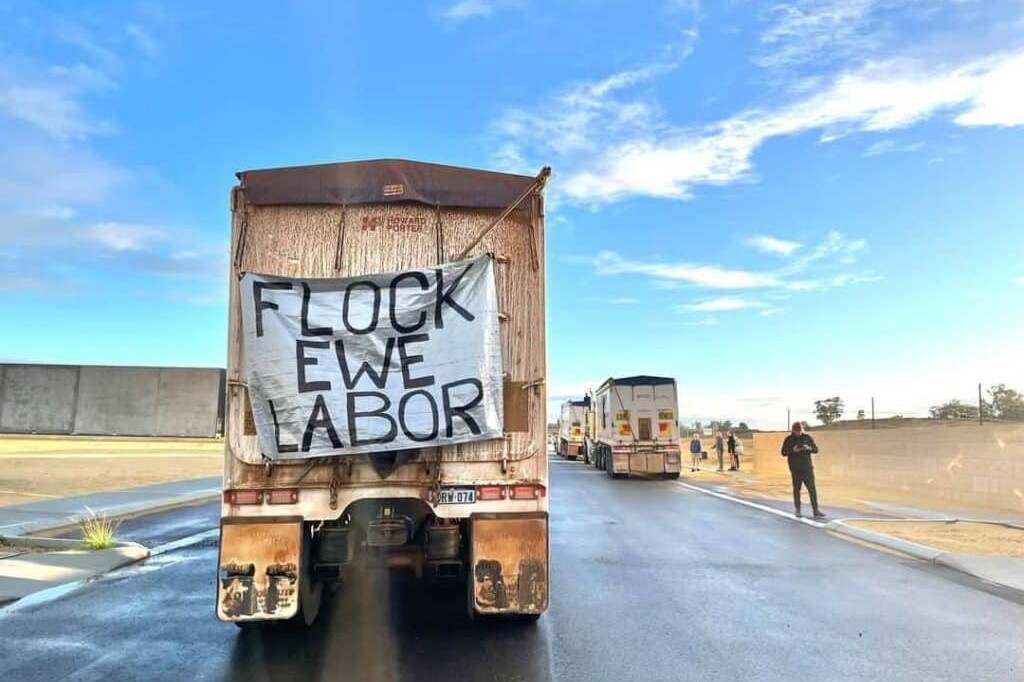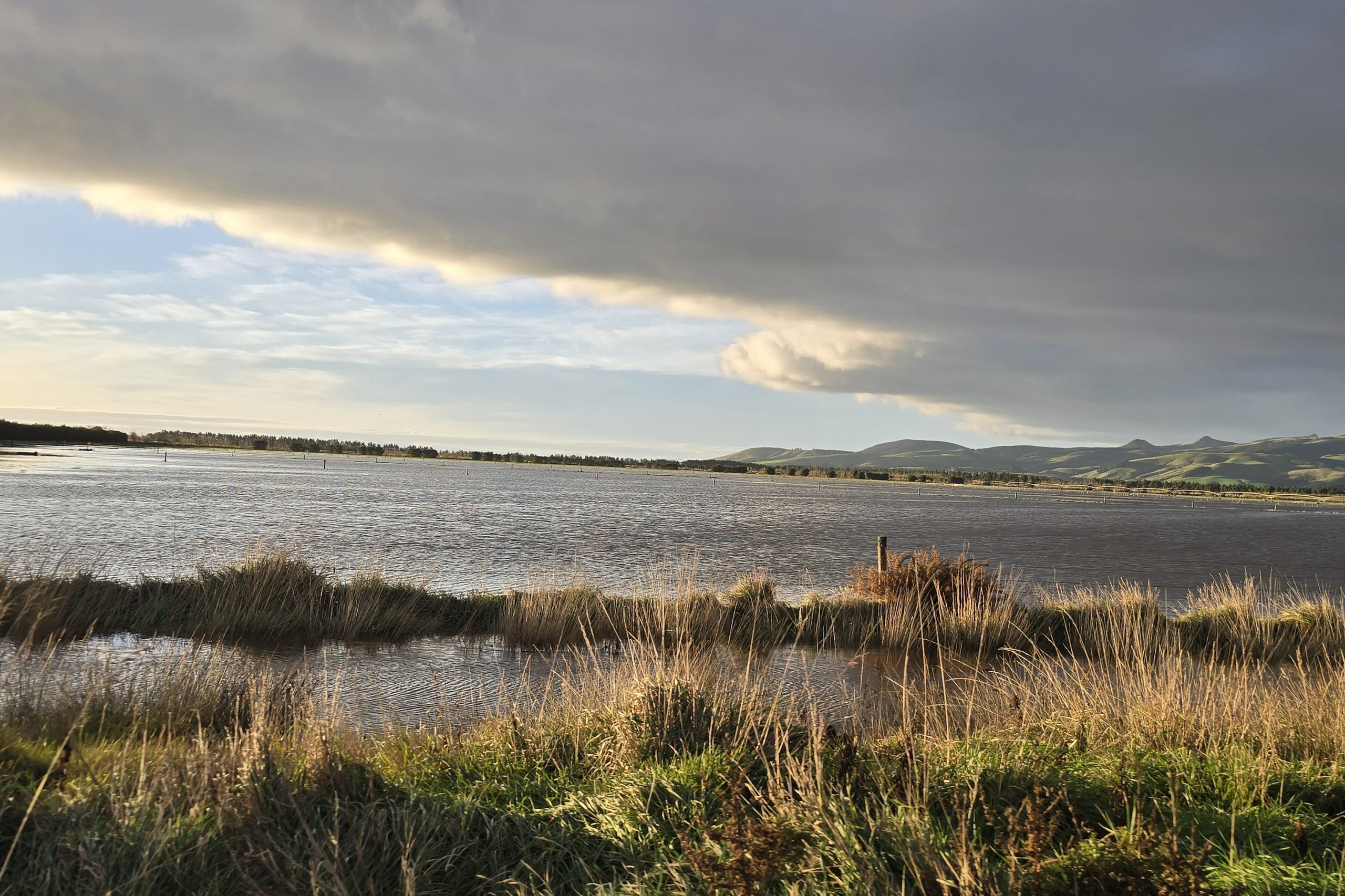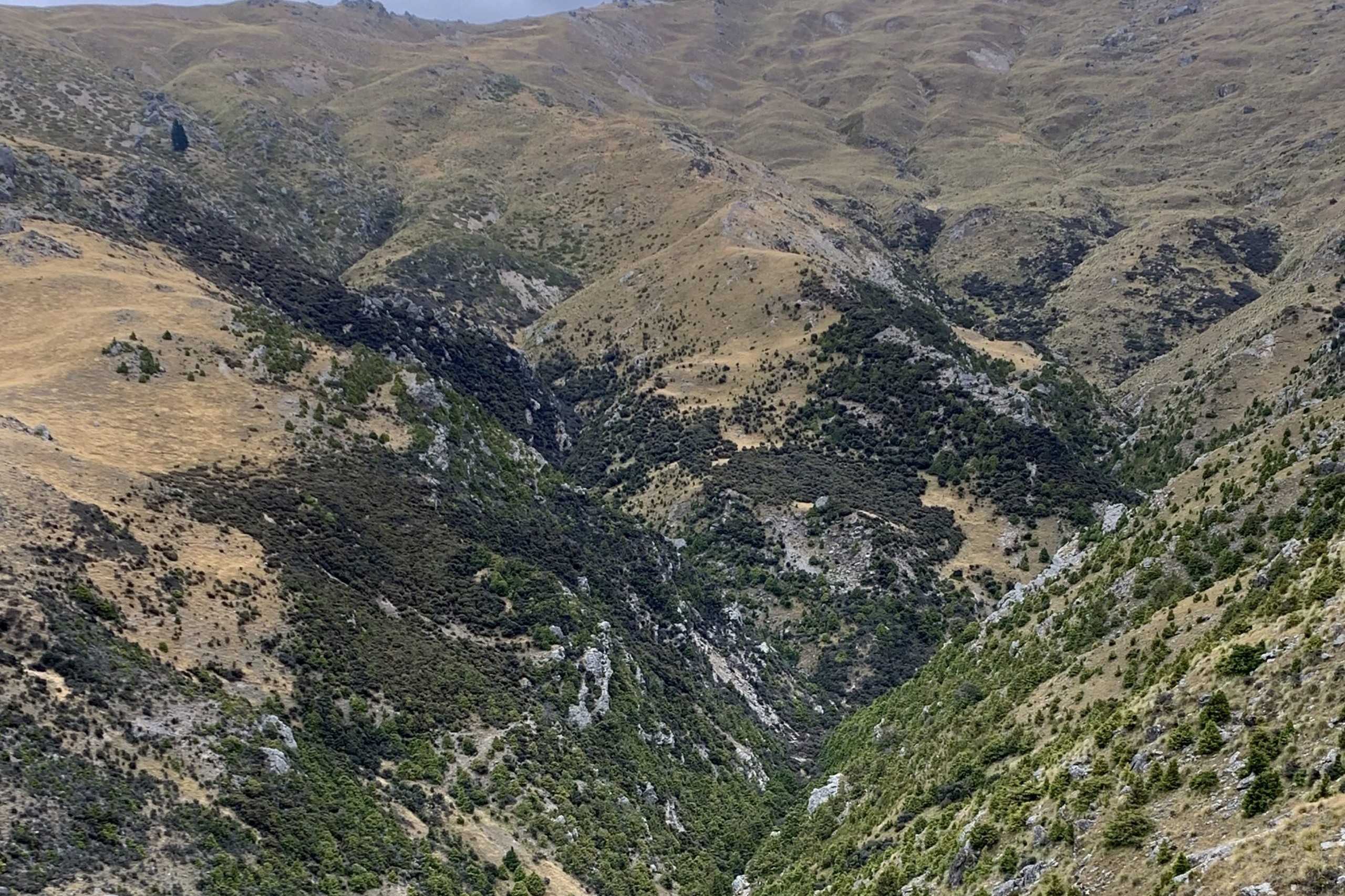Taking advantage of lashings of free labour with the rellies arriving for Christmas, two large heaps of silage were made at the Rakaia Gorge, Charlotte Rietveld writes.
Thanks to a book and the holiday time to read it, you’ll be pleased to hear the #EweToo movement is gathering momentum. Credit is almost entirely due to English imports. Not that I’m normally much of a fan of ye olde England’s influence on summertime Down Under.
Much like gorse, celebrating Christmas in peak-summer, mid-school holidays was a noble concept from our English forbears that we really could do without. Far better to save the family gathering until the quiet of winter, where we could all enjoy some quality time trapped indoors with the in-laws.
Not so this year. Turns out The Boss had another of his unspoken lessons on offer.
With barely the faintest smirk, he mentioned in passing that he’d just got off the phone with the silage contractor – mower and chopper would be arriving in two days’ time for two days’ work.
With a head full of festive planning, it took a few seconds to work out that the silage dates my father had just quoted were in fact December 23 and 24. By this time The Boss had carried on his lengthy stride, undoubtedly grinning outright at his sly manoeuvre.
Conversely, I was winding into full-noise, about to deliver an unabridged monologue of all the reasons those dates were terribly timed and must be changed.
With 20 sons, daughters, grandchildren and relations assembling over those very dates, The Chief Inspector was not going to be happy about this. A vision stopped me short of launching my tirade. A vision of my clean, tidy, clever accountant brother lugging heavy, wet, dirty silage tyres.
The Boss had just handed me a gift. Finishing at 10pm on Christmas Eve, two substantial stacks were covered with ease. Brilliantly capitalising on free family labour, I now know why you can’t teach an old dog new tricks. He knows them all already.
Fortunately I had arranged an equally thoughtful gift for The Boss’s Christmas present. A book. Written by an Englishman, James Rebanks. Modestly titled ‘The Shepherd’s Life’, this is no nostalgic doddle through days gone by. It is in fact an international hit, translated into more than 10 languages.
Let me assure you, this book is a revelation. Never before have I read anything that so adeptly compares modern city culture and values with those required to survive in the rural world. Rebanks challenges the view that farming is a simple task for simple people who don’t know any better. There’s blood and guts, family feuds and grief. He passionately details all the basic tasks farming involves, but links them in a broader context – how they are rooted to a way of life that protects families, communities and national identities.
Without wishing to sound overly evangelical, this is a book New Zealand needs to read. Unlike so many pro-farming campaigns, this book does not create a Them and Us divide. There is no point standing shouting at city-dwellers to negate the often-valid arguments. Instead we need to cultivate a deeper understanding together – to walk alongside rather than shout from afar. Obviously that all sounds rather ethereal, but this book is something simple and tangible that we all can do.
By ‘do’ I mean buy. And read. Then send it off to a city-dwelling friend.
I assure you I have no financial interest whatsoever, other than knowing that burying our heads against a well-funded anti-farming campaign will cost us all dearly. You can buy this book for $15, delivered to your rural door. The key part is to then not pass it on to a farming mate, but get it into the cities.
There is no point talking amongst ourselves. Send it to a school mate, an old colleague, a relation. If you know someone ‘famous’, even better, send it to them. It’s all part of slowly turning the ship.
Fighting won’t help, but a #EweToo charm offensive, casually addressing the mis-information and marginalisation might. Please, please do this. I am convinced it will help.
Thereafter, I promise to return to my usual less-fervent self.




